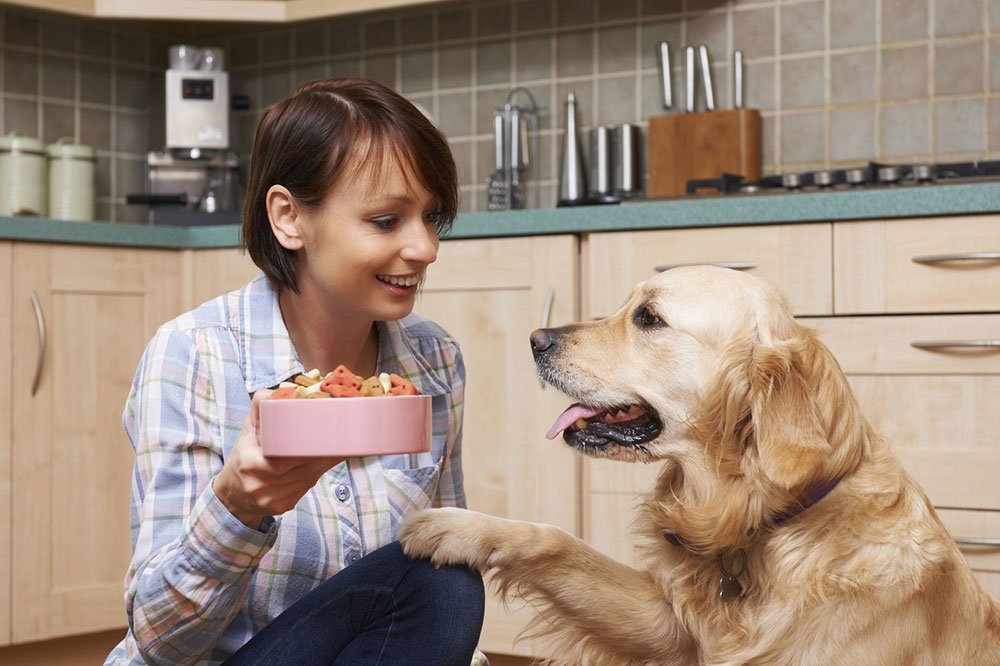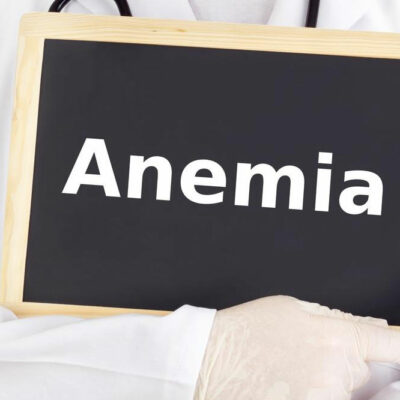
Signs and Triggers for Food Allergies in Dogs
An allergy is the body’s unneeded immune response to certain proteins entering the digestive system. In the case of food allergies in dogs, these proteins come from foods such as vegetables and meat. In fact, of all the kinds of allergies that can affect dogs, food allergies make up for around 10 percent of them. But, despite it being so common, the condition is often confused with food intolerances, which is why it is all the more important to understand it better.
Signs and symptoms of food allergies in dogs
While even the symptoms of these allergic reactions could be unique in dogs, there are certain signs that every pet parent should look out for.
- Ear infections: Ear infections are pretty commonplace when it comes to dogs. But, is it alright if your pet is experiencing these around two or three times on a yearly basis? Absolutely not. In fact, this could be an obvious sign of a food allergy that won’t quit.
- Itchy skin: One of the most common signs of food allergies in dogs is itchy and red skin. This sign is pretty obvious as the skin in that spot turns red or pink, and some may experience dry skin.
- Inflamed nail beds: Typically, the base of the nails of a healthy dog would be white or pink. But, if the beds of your dog’s nails are looking red and inflamed, you may want to get them to the vet. Inflamed nail beds are usually a common sign of food allergies. Your dog may even keep licking their nails as they tend to feel an itching sensation.
- Bronzing around the lips: Another sign of food allergies in dogs is having inflamed lips and jowls. This symptom is more prominent in dogs who have white coats.
- Watering eyes: During an allergic reaction, dogs could also have watery eyes and could have a constant sense of itchiness which could cause them to scratch their eyes. Not to mention, they could have excessive goopy discharge. Allergies could also cause the tear ducts to produce excess tears or no tears at all.
In case your dog is having either of these signs or symptoms, they may have come into contact with some triggers for food allergies, making it best to get in touch with a veterinarian.
Common triggers for food allergies in dogs
While each dog may have unique allergens, there are certain foods that are more than capable of being common allergic triggers in the vast majority of our little fur friends. The most prevalent ones include beef, dairy, wheat, soy, and even fish. It is important to remember that the majority of dogs are allergic to more than one food.
The best way to avoid symptoms of food allergies in dogs is to avoid the trigger foods in the first place. Remember to care for your pet and shower them with lots of love.


